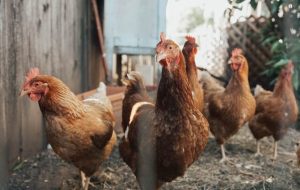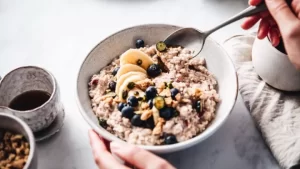
Is a young man who is 25 years old similar in diet requirements to a man who is 60 years or older? Are older individuals more prone to malnutrition? Are your nutritional needs change as you get older?
Analyzing the above-mentioned questions is crucial to comprehending the nutritional requirements of elderly adults. Elderly persons are particularly sensitive to malnutrition in particular. The challenge of providing seniors with proper nutrition is a complex one on a practical level. Since lean body mass and basal metabolic rate both drop with age, an older person’s energy consumption per kilogram of body weight is likewise reduced. Although older persons’ dietary needs are generally similar to those of younger age groups, their diet calls for an unique.
Over 50-year-olds are becoming a steadily growing segment of society. According to a WHO research, there were an estimated 605 million older persons in the globe in 2002, with 400 million of them residing in low-income nations. More than 1.2 billion older people are expected to be alive in the world by 2025, with 840 million of them living in low-income nations. Hence, a variety of physical, social, economic, and cultural factors have an impact on the nutritional status of elderly people.
The significance of comprehending dietary requirements
The pace of metabolism in the body slows down as we get older. Always keep in mind that if an older person’s energy intake is lower than their energy requirements, it could result in a






